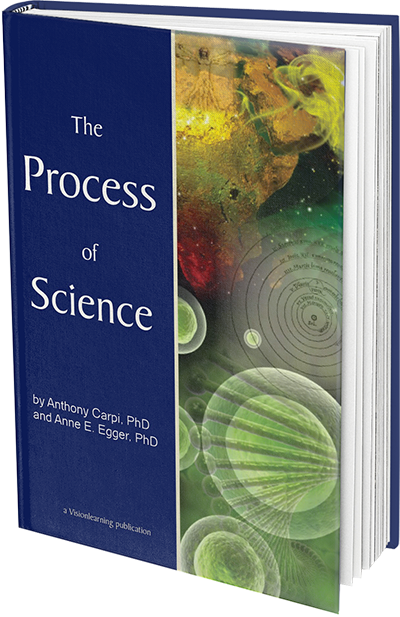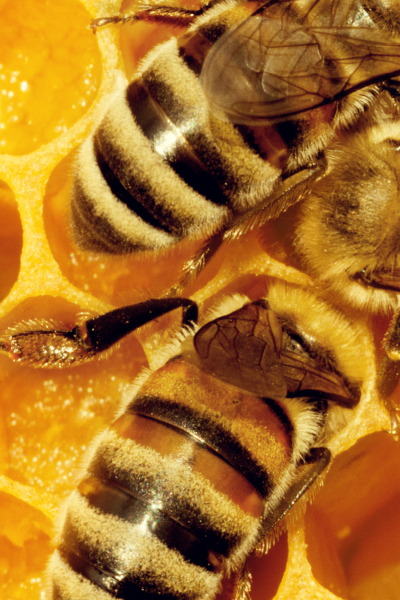The German mathematician Carl Friedrich Gauss referred to mathematics as the "Queen of the Sciences". In doing so, Gauss not only identified Math as a science itself in that it is defined as the study of numbers and their operations, but also as the underlying foundation for all other sciences allowing scientists to describe patterns in data, relationships between variables, and fundamental principles discovered in our quest for knowledge. From the study of a wave, which can be described by its length, height, and frequency, to the measurement of the rate at which the tectonic plates in the earth's crust are moving, mathematical principles are fundamental to understanding and doing science. Our Math in Science modules discuss select mathematical principles in context of their use across different scientific disciplines, focusing explicitly on how these principles are used in science.
Misconception:
Sudden environmental change is required for evolution to
occur.











